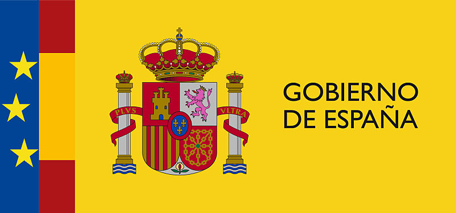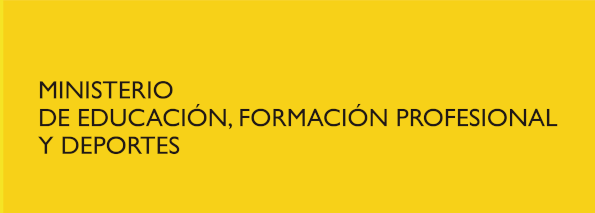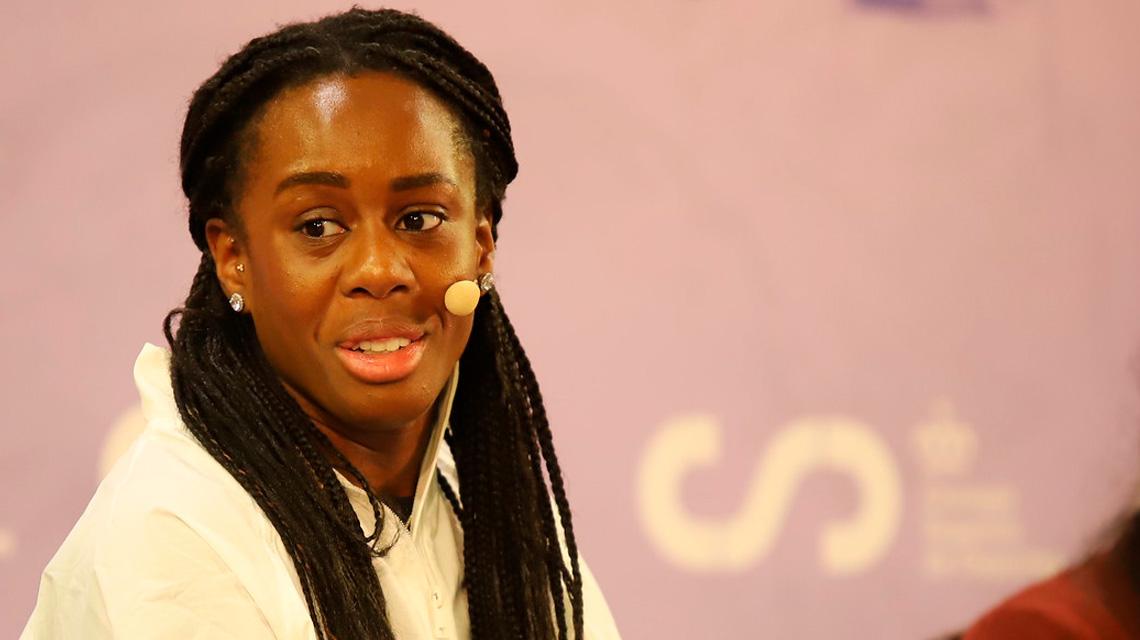Aauri Bokesa: “When I was little I had trouble not having a normative body. Now, being strong is something that makes me proud.”
-
Athlete Aauri Bokesa reflects on gender identity and stereotypes in the fourth interview that the Higher Council of Sports (CSD) broadcast this week on the occasion of International Women’s Day, celebrated on 8 March.
Madrid, March 6, 2025.- The athlete Aauri Bokesa is the fourth protagonist of the series of interviews that the Higher Council of Sports (CSD) is spreading this week, on the occasion of the International Women’s Day celebrated on Saturday, March 8.
From her experience “as a woman, black, Spanish and Bubi”, Aauri Bokesa reflects on the importance of identity in sport, feeling proud to be the reflection of her history, her culture and all the women who made her way.
“What I discovered over the years is that identity is built by yourself. No one can tell you who you are or how you feel. It’s a work we each have to do of introspection,” he says.
In this process, Aauri Bokesa stresses that diversity still encounters barriers to acceptance. "When I was younger, I had certain problems with having a non-normative body," he says. “I’m very tall, I have a lot of muscles, and it seemed that that would detract from my femininity, but you can be a female woman having muscles. Now, being strong is something that makes me so proud," shares the Olympic athlete in London 2012, Rio 2016 and Tokyo 2020.
Aauri Bokesa explains that she found in sport a tool for “empowerment as a woman”, although she considers that more “gender equality changes” are needed.
A CSD study funded by NextBulkEU on the “Treatment of Women’s Sport Information” reveals that athletes face gender stereotypes, highlighting physical or emotional aspects rather than sporting achievements. This bias is not observed with the same frequency in information coverage when men are the protagonists.
In this sense, Article 4 of the Sport Act adopted in December 2022 underlines the importance of “the media representation of women being free from sexual objectification and sexist stereotypes”.
"I think we're making progress on equal opportunities. Above all, because we are talking about it and recognizing what can be improved," Bokesa, who also claims racial wealth.
“For many white people, because I’m black I’m not Spanish. Many migrants or many racialized people also fail to understand that I say that I feel Spanish being black. But, even if I'm black, I'm Spanish. Being a diverse person is a superpower,” he argues.
Aauri Bokesa concludes her interview with a message aimed at the new generations of athletes, inviting them to pursue their dreams with ambition and perseverance: "Sometimes dreams are fulfilled. Sometimes not, and nothing happens. If you move forward with excitement, you'll get to places you might not expect."
Your testimony is already available on the YouTube channel and on CSD social networks: https://youtu.be/u9Fo7zV7uus
The commitment to equality in sport
On the occasion of the International Women’s Day, this Saturday, March 8, the CSD will organize an institutional event that will include a colloquium between the athletes Aauri Bokesa, Ana Ortega ‘Furria’, Eva Moral, María Vicente and Patricia García and the installation of several sports stations so that girls, boys, young people and adolescents can practice sports together with their referents.
This activity, open to the general public, will close a day of claim on the role of women in sport that will begin at 11:45 hours in the sports hall located on the -2 floor of the CSD institutional building.
As an institution charged with promoting public sports policies, the CSD maintains a strong commitment to equality, either through the promotion of initiatives that promote women’s participation in sport, the visibility of women’s referents or support for specific programmes that promote real equality in the sports field.



